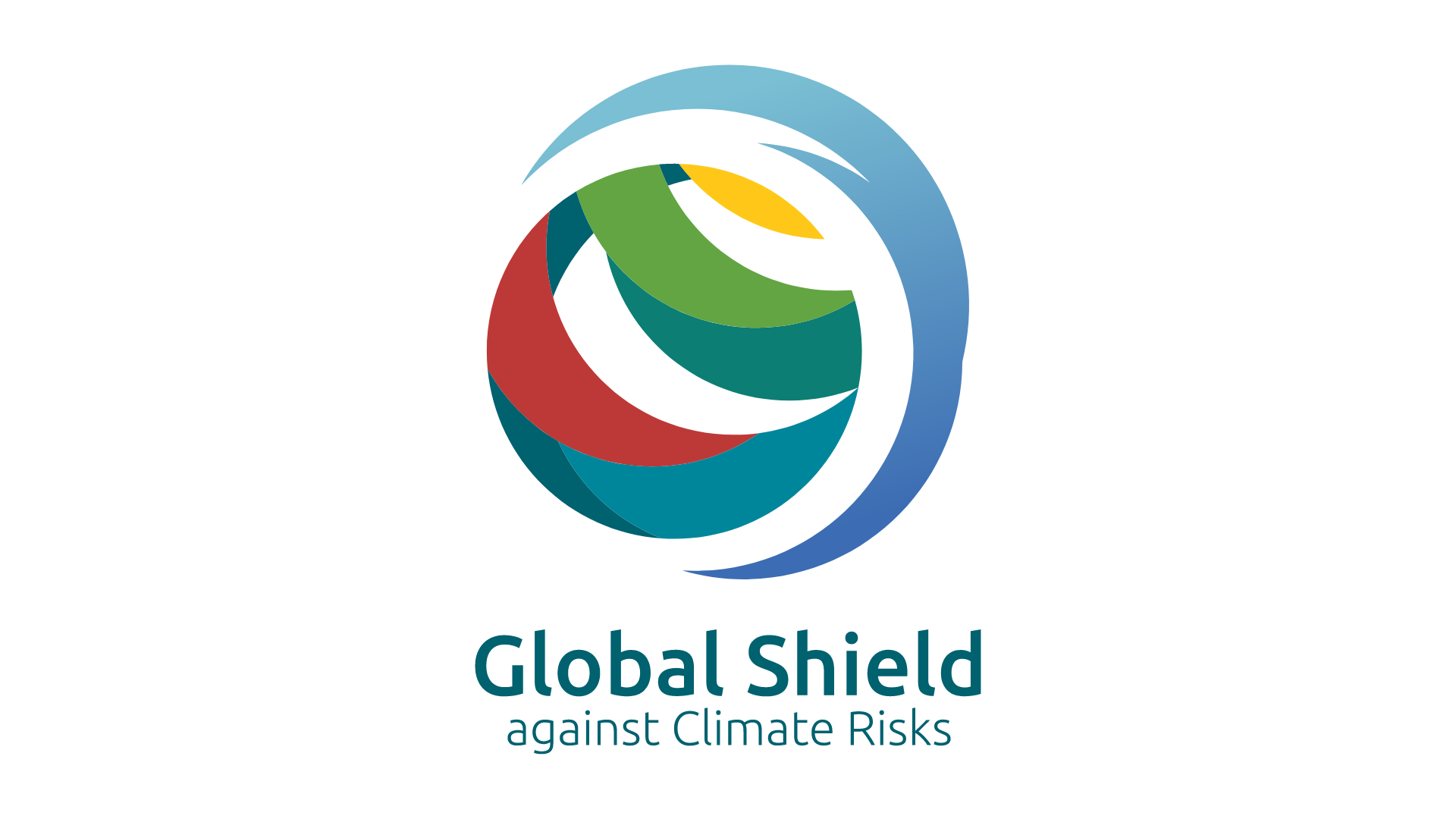Petersberg Climate Dialogue Shield against climate risks can build bridges in conflict over climate-related damage in developing countries
After the concept received the backing of the heads of state and government of the G7 in late June, Germany’s Development State Secretary Jochen Flasbarth today presents the proposal at the Petersberg Climate Dialogue to some 40 invited ministers. The aim is to launch the shield at the global climate conference in Egypt in November together with the most vulnerable developing countries and then progressively expand it.
Flasbarth said, “already today, climate change is a dramatic reality. It is no longer a question of whether climate change-related loss and damage will happen, it is only how often it will occur – and how fierce and how expensive it is, and most importantly, who is affected most. To stop the climate crisis from becoming worse, we need to firstly drive global climate action with even greater commitment. And secondly, we must do more in the field of adaptation to limit the damage. And it is high time for industrialised countries to honestly address a third issue. We must acknowledge that there is climate-related loss and damage and that the most vulnerable countries, in particular, need our solidarity in dealing with it. This is where we want to build bridges for the upcoming global climate conference in Egypt by putting forward concrete solutions. Together with the most vulnerable developing countries, we will now be working on fleshing out the details of the shield.”
At the G7 summit in late June under Germany’s Presidency, the most important industrialised countries acknowledged the need to address the issue of climate-related loss and damage for the first time in the final communiqué. The joint offer of the G7 envisages a shield against climate risks that comes into effect even before a crisis occurs – with, for instance, early warning systems in the especially vulnerable countries, preparedness plans drawn up by developing countries and financing systems that provide quick support when a harmful event occurs. This includes insurance schemes or social protection systems. If a drought occurs, for instance, the money is available. The question that will then be asked systematically, country by country – starting with the most vulnerable and poorest countries – is: Where are the biggest risks and what efficient protection and preparedness systems are needed to mitigate these risks?
For example: If there is no protection scheme in place, a drought can mean that a smallholder farmer loses not only her harvest but also her entire livelihood because she cannot afford to buy new seeds. When a preparedness and protection scheme is in place which kicks in automatically in the case of a crisis, money for new seeds is immediately available and damage is limited. That is much cheaper in the long run than having farmers slip into poverty.
Loss and damage was one of the most contentious issues at the last climate conference. The BMZ is the lead ministry for this topic in the German government and is working together with other ministries to build bridges between industrialised and developing countries.
More information can be found here.
